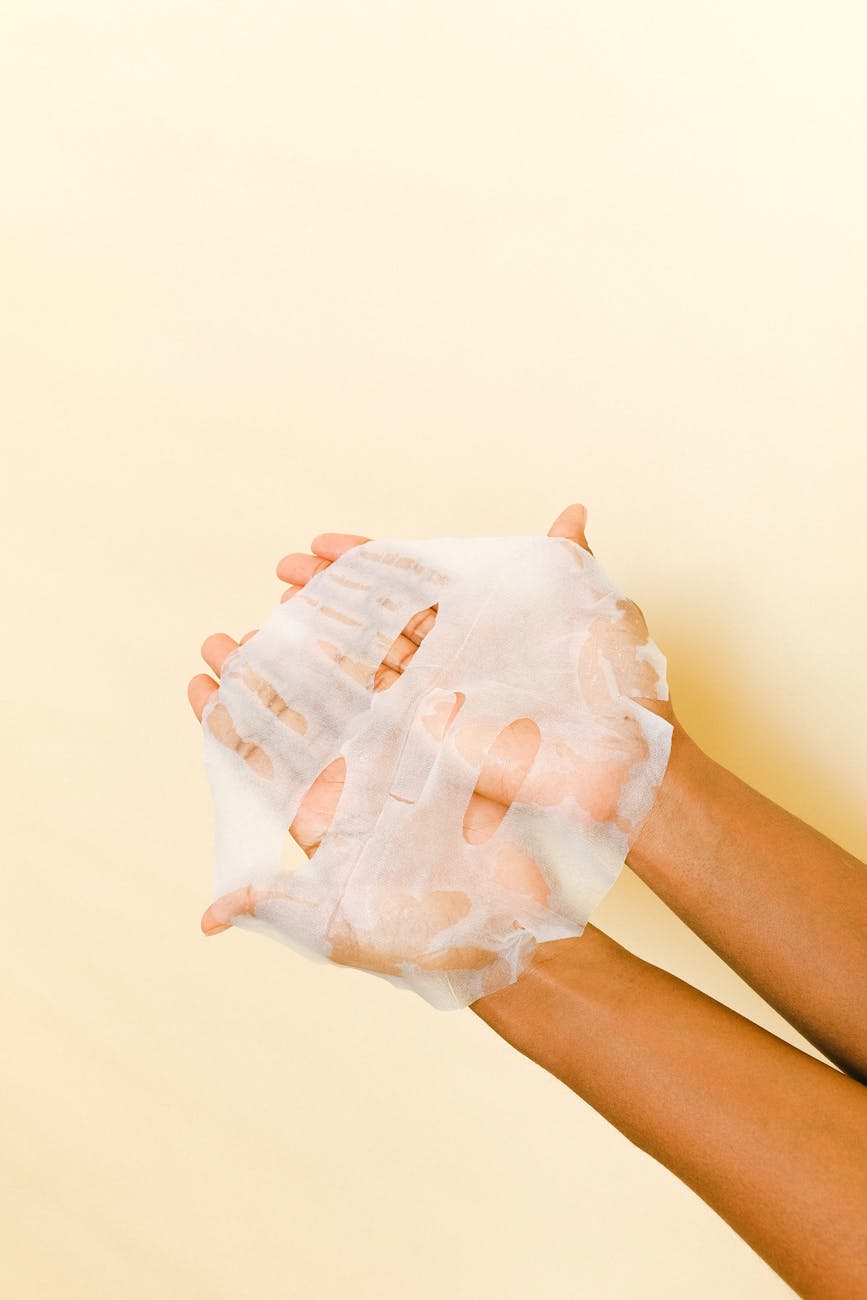For the majority of individuals, cosmetic products are an easy and convenient method to look beautiful. However, if you find that some chemicals cause skin responses such as irritation, rashes, or allergies, following guidelines might help you avoid them and choose Skin-Friendly Beauty Products
- Examine the label. Choose goods with the fewest ingredients possible. This will decrease the likelihood of an adverse response.
- Conduct a preliminary patch test. Apply a tiny quantity to the inside of your elbow and wait 48 to 72 hours before using a new product. If there is no redness, swelling, itching, or burning in that area, you may use it.
- Spritz in an intelligent manner. Always apply scent on your clothing rather than your skin. You’ll have a lower risk of developing a skin response to it. Additionally, it assists in preventing the scent from reacting negatively with other items you use.
- Be authentically yourself. Observe how your skin reacts. The terms “hypoallergenic,” “dermatologist tested,” “sensitivity tested,” or “non-irritating” do not imply that your skin will respond negatively.
- Come to a halt and soothe. If a beauty product causes an adverse reaction on your skin, discontinue use immediately. You can occasionally relieve irritation using over-the-counter hydrocortisone cream. In rare instances, a prescription-strength cream may be required.

Top 2 Skin Reactions to Beauty Products
- Irritation is the first. Your physician may refer to this as “irritant contact dermatitis.” It is the most often occurring skin response to a cosmetic product. It may produce stinging, itching, and redness in the region where the product is applied.
Your skin loses part of its natural defense against irritants when it is dry or damaged. This implies that responses might be more severe or occur more frequently.
- Allergies to the skin (allergic contact dermatitis). Sensitivity to a single component in a product or a genuine allergy to that ingredient results in redness, swelling, itching, or blisters on the skin. Fragrances and preservatives are among the worst offenders.
Even unscented goods may contain a “masking agent,” which is a fragrance that masks chemical smells. Even if you cannot smell it, it may still be there and produce an allergic reaction in certain individuals.
To ensure that no scent is contained, search for items labeled “fragrance-free” or “without fragrance.”
Almost every product that incorporates water has preservatives. They must be there to ensure that the food does not deteriorate. All of the most frequently used preservatives have been connected to allergic reactions on the skin. However, this does not mean they induce allergic responses in all individuals. They may not irritate your skin.
Beauty Products Most Likely to Cause a Skin Reaction
These include:
- Bath soaps
- Detergents
- Antiperspirants
- Eye makeup
- Moisturizers
- Permanent wave lotion (particularly those containing the chemical glyceryl monothioglycolate)
- Shampoos
- Long-wearing lip stains
- Nail polish (particularly those containing formaldehyde)
- Fingernail glue containing methacrylate
Hair dyes can also cause skin reactions, particularly ones that include p-phenylenediamine or ammonium persulfate, which is used to lighten the hair.
Additionally, cosmetic products containing alpha-hydroxy acids (AHAs) may produce redness, swelling, blisters, irritation, or itching for some people. This is more common with powerful preparations that include more than 10% AHAs or have a pH (acid level) of 3.5 or less.
Tretinoin wrinkle treatments and serums may induce irritating contact dermatitis in certain persons.
Numerous people are allergic to sunscreen. If this is the case for you, consult a dermatologist to determine the best way to protect your skin from the sun. Look for sunscreens with a small number of chemicals and that contain physical blockers (zinc oxide and/or titanium dioxide), which are often free of allergens. Hope that you can find suitable Skin-Friendly Beauty Products

